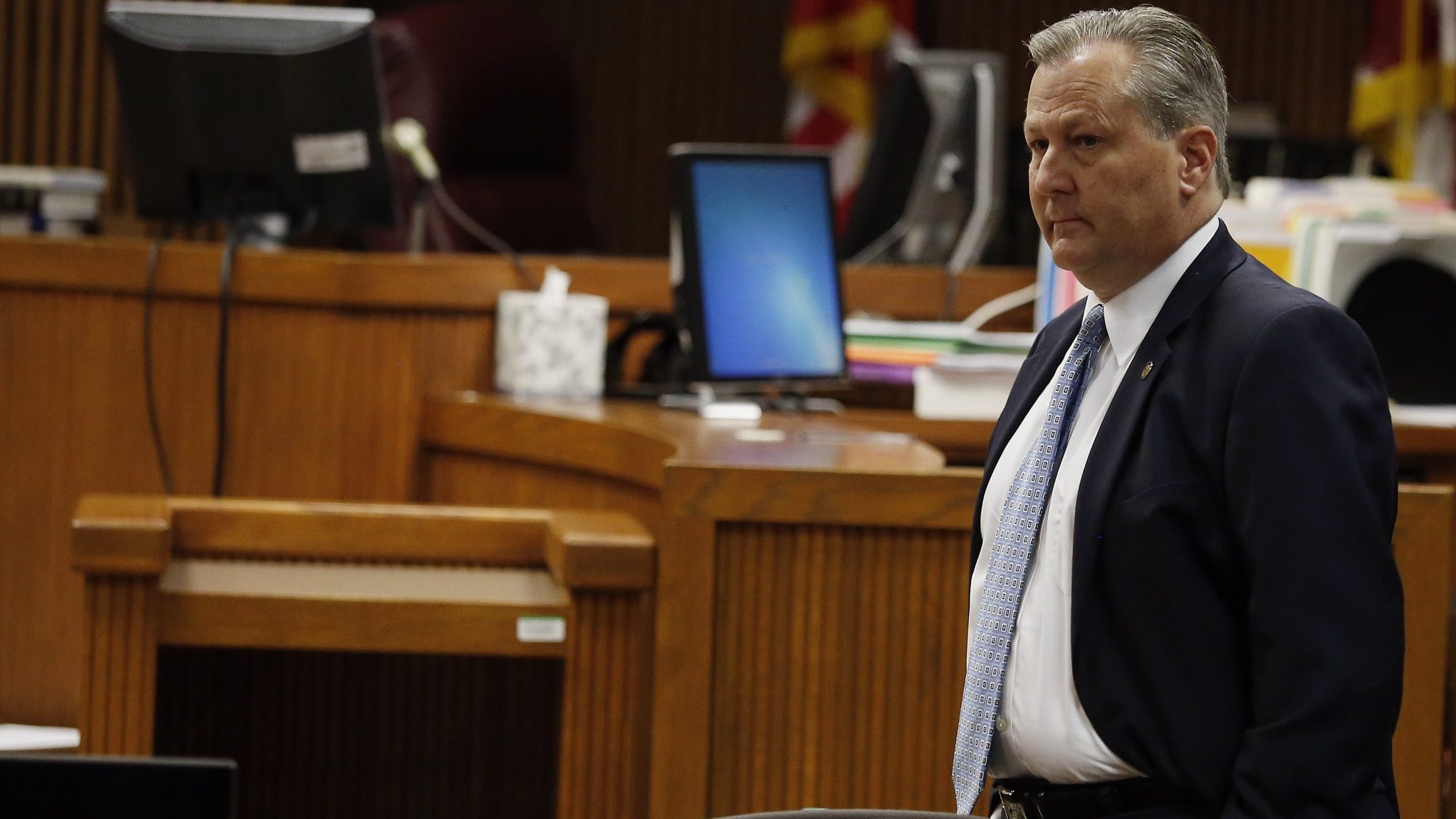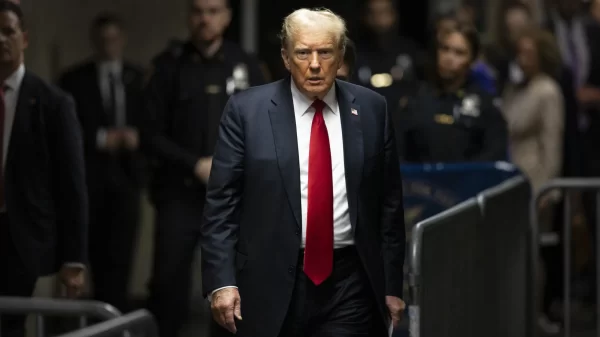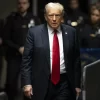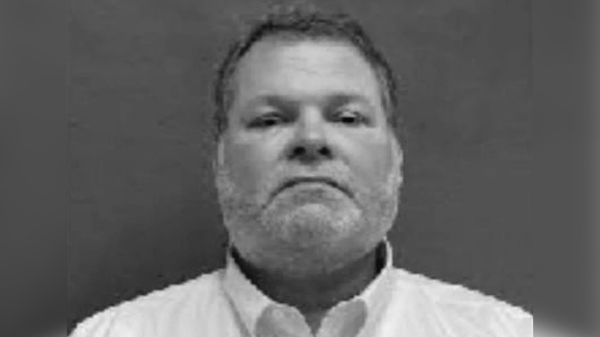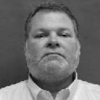Sunday, June 10, marked two years since former Speaker of the House Mike Hubbard was convicted on 12 felony counts of violating the State Ethics Act.
He remains free on appeal.
It has been well over a year since the State’s Court of Criminal Appeals received final briefs in his case.
The court has failed to act.
Few of creditable statute believe the court’s languid pace is anything but political contrivance. Many legal minds throughout the state feel the Court of Criminal Appeals will overturn at least some of the charges against Hubbard, not because they were wrongly decided, because it will please some lawmakers, lobbyists, lawyers and most importantly, Republican donors.
The court’s communications department claims the judge assigned the Hubbard’s case is working tirelessly to review the records, but due to the sheer volume, it’s taking a long time to complete the required review. But few buy this excuse, instead seeing it as Alabama politics as usual.
Over the past three legislative sessions, the Republican-controlled Legislature has repeatedly worked to pass laws that would make many of Hubbard’s crimes legal. While this would not exonerate Hubbard, it would give the Appeals Court grounds to overturn some of his convictions.
Opinion | Piecemeal approach to ethics reform continues, and it’s questionable
Since Hubbard’s conviction and appeal, the Court of Criminal Appeals has ruled on numerous cases, including a capital murder.
In New York, where public corruption is a fine art, in May, Sheldon Silver, the former Democratic speaker of the State Assembly, was again found guilty of federal corruption charges less than a year after his first conviction on the same offenses was thrown out, according to the New York Times.
Yet, Hubbard’s case is stalled in Alabama’s Court of Criminal Appeals where politics, not justice, seems to reign supreme.
Two years ago, Lee County Circuit Court Judge Jacob Walker III heard Hubbard’s case, and he and 12 jurors determined Hubbard’s guilt. But now a handful of power-interests seek to overturn his conviction.
Even now, Republican legislative leadership is determined to weaken the state’s ethics laws in a thinly veiled ruse. During the 2018 Legislative Session, the Legislature passed a resolution creating an Ethics Review Committee, which is merely cover for when they overturn much of the laws they passed in 2010, citing Democrat corruption.
Exempt from Open Meetings Act, high stakes ethics committee begins work
In his vanity tome, Stealing the State House, Hubbard accused state Democrats of “the trifecta of corruption.” Since winning the State House in 2010, at least seven Republicans have been charged with serious crimes. Others have left office just ahead of prosecution.
The select committee is absent many of the state’s foremost ethics champions, with only a handful of individuals with any real understanding of the existing code. The committee is not subject to the state’s Open Meetings Act, nor is its members subject to the state’s ethics rules unless covered under their current positions.
The Ethics Review Committee is pure mischief posing as a solution. It will submit its findings to the Legislature before the 2019 Legislative Session, but there is little hope that its recommendation will be more than an excuse to gut the laws that convicted Hubbard.
During the 2018 primary, Gov. Kay Ivey received $200,000 from the man who offered disgraced former Gov. Robert Bentley cash to end the Hubbard investigation. Ivey also used his airplane for the last minute stump across the state. Will Ivey bow to such enticements?
It’s not difficult to believe that every branch of Alabama’s government is in league to keep Hubbard and his kind from ever facing justice.
Sadly, this is the legacy of the Republicans who, in 2010, promised to end corruption in Montgomery.
Hubbard is free, Gov. Ivey dances with his staunchest supporter and the Legislature is preparing to undo the laws under which he was convicted.
When prosecutors take a criminal to court, they do so in the name of the people. This case is The People v Michael G. Hubbard, and the people demand justice even if the courts, the governor and the Legislature do not.







































